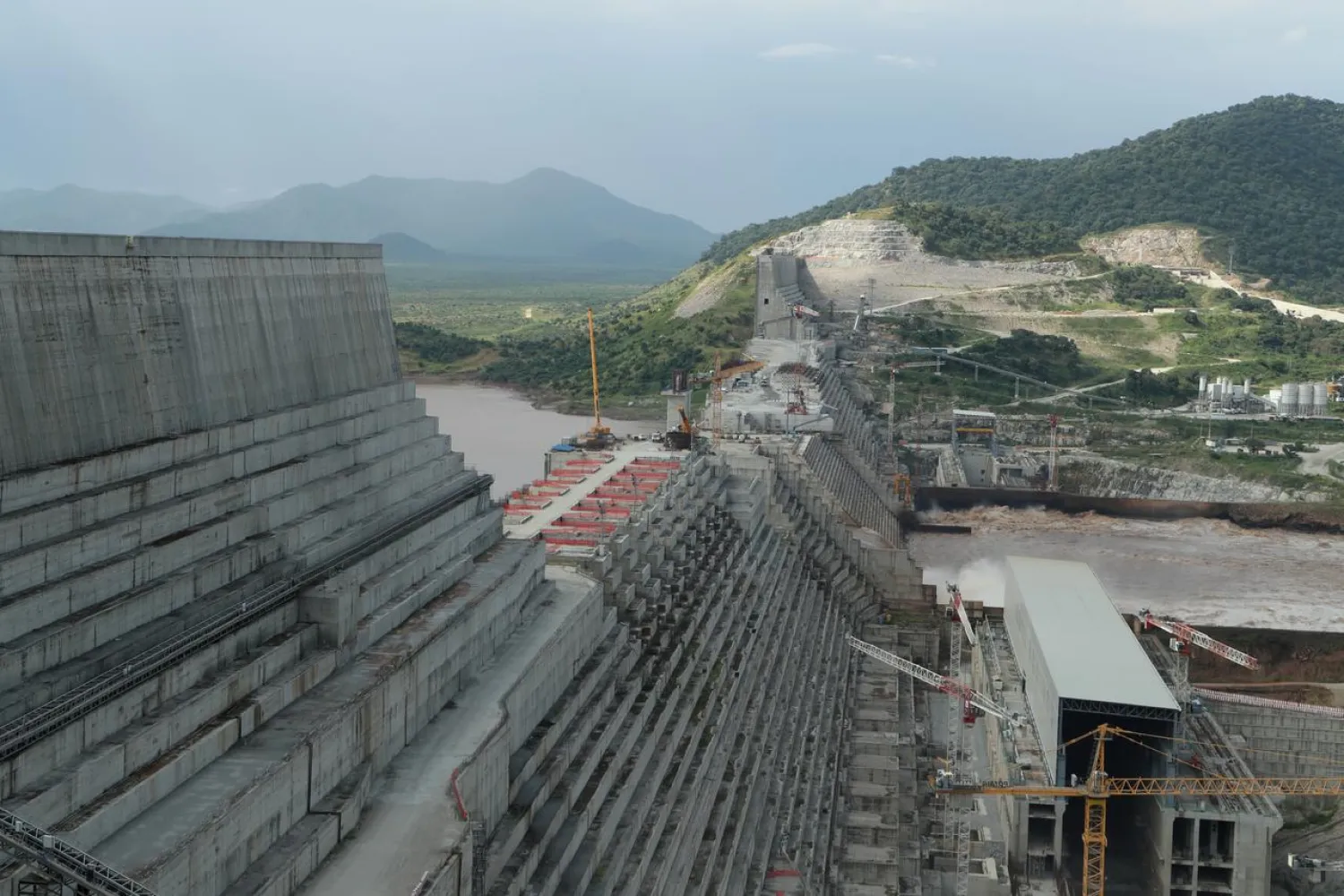Cairo, Khartoum and Addis Ababa are preparing to sign a deal on the Grand Ethiopian Renaissance Dam (GERD) sponsored by Washington.
Egypt's President Abdel Fattah al-Sisi stressed commitment to the success of negotiations on the Grand Ethiopian Renaissance Dam (GERD) under Washington’s sponsorship, a statement by the presidency read on Saturday.
Sisi said that a near agreement between Egypt, Ethiopia and Sudan on the filling and operation of GERD would secure a balance between all involved parties and open new aspects for cooperation, coordination and development between them.
“Such a step would mark a new stage towards developing joint relations between the three countries… and a positive and developmental yields on the Nile Basin area,” the statement quoted Sisi as saying.
Presidential spokesman Bassam Rady said Sisi met with the Ethiopian prime minister's special envoy, Hailemariam Desalegn. The two discussed the situation involving the GERD.
Sisi affirmed Egypt’s fundamental policy on the principles of mutual respect and non-interference in domestic affairs.
Desalegn delivered a message from Ethiopian PM Abiy Ahmed, where he expressed his interest in boosting bilateral relations and friendship with Egypt.
Ahmed also praised Egypt’s chairmanship of the African Union in 2019, according to the statement, which also reported that Desalegn presented updates on GERD in light of talks between the three countries.
The visit by the Ethiopian official to Cairo comes a few days after US Secretary of State Mike Pompeo said during a visit to Addis Ababa that it could take "months" to resolve the dispute between Egypt and Ethiopia over the dam.
Earlier this month, Egypt, Ethiopia and Sudan agreed to entrust the US and the World Bank with the preparation of the final agreement on the filling and operation of the Ethiopian dam.









